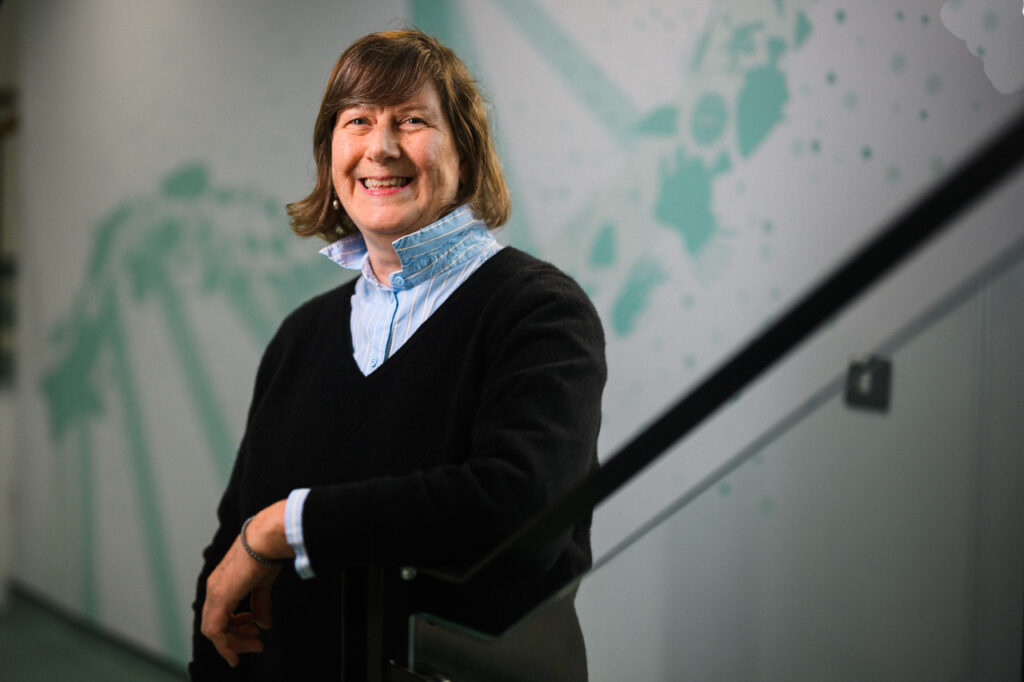Professor Carol Robinson Mem.MBA

I lead a team which studies the role of marine bacteria, phytoplankton and zooplankton in the global cycling of carbon and oxygen, and how this varies in space and time and with changing environmental conditions such as increasing nutrient supply, temperature and carbon dioxide and decreasing dissolved oxygen. This involves laboratory and field observations, remote sensing, numerical models and the use of autonomous platforms (gliders, Argo floats) and time series datasets. Current and previous research includes 1. the development of an analytical system to continually measure seawater dissolved inorganic carbon used to determine the spatial variability in the North Atlantic CO2 sink, the impact of coccolithophore blooms on oceanic carbon uptake and the imbalanced uptake of carbon and nitrogen by phytoplankton, 2. the use of scientific diving techniques to investigate carbon flux in the ice-ocean-plankton systems of the Antarctic and in high CO2 hydrothermal regions in the Aegean Sea, 3. a time series investigation of the latitudinal variability in the balance between phytoplankton uptake of CO2 and bacterial production of CO2 in order to develop empirical and remote sensing models of global plankton production, 4. a laboratory, field and data collation study to investigate the factors determining microbial respiration, a key process in ocean carbon storage and 5. studies of the microbial carbon pump including as an approach for ocean-based carbon dioxide removal and blue carbon accounting.
My experience of strategic leadership and management includes being Chair of the Scientific Steering Committee of the global research initiative Integrated Marine Biosphere Research (IMBeR), co-Chair of the Intergovernmental Oceanographic Commission of UNESCO Integrated Ocean Carbon Research initiative, and co-Chair of a joint ICES/PICES working group and a UN Decade for Ocean Sustainability programme on Ocean Negative Carbon Emission approaches.
I am committed to mentoring, training and development of early career researchers and to equality, diversity and inclusivity (EDI) issues as evidenced through co-authorship of studies on equitable leadership of interdisciplinary marine science and as a co-I on a UKRI funded project to promote EDI in marine sciences.
My public engagement activities, including an Introduction to Oceanography weekend course for scuba divers, sailors and surfers and contributions to Skype a Scientist and various Science Festivals, were recently recognised with a UEA Engagement Award.
I am a Fellow of the Royal Society of Biology and past President of the Challenger Society for Marine Science.